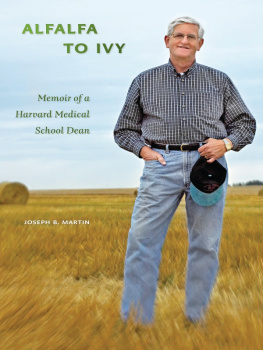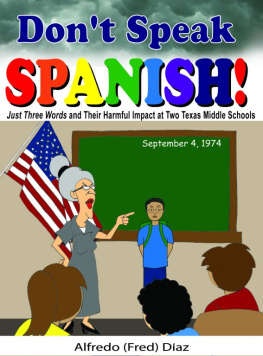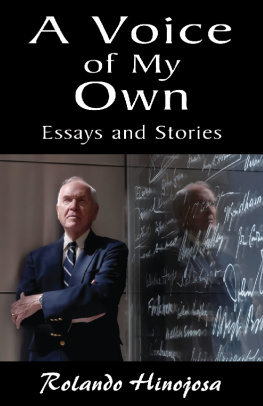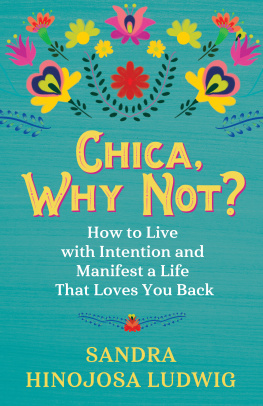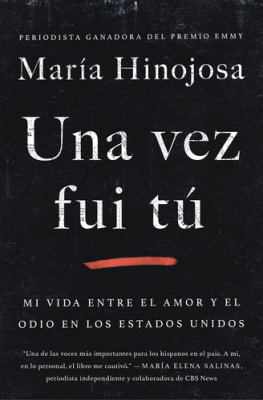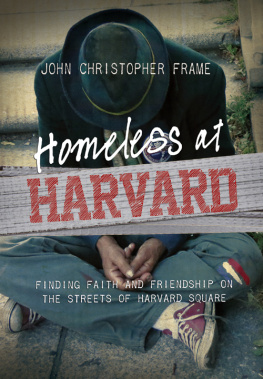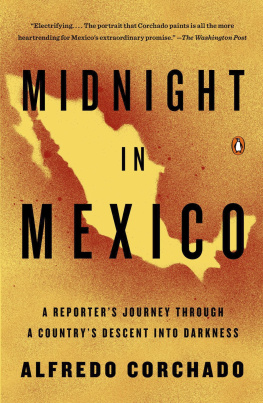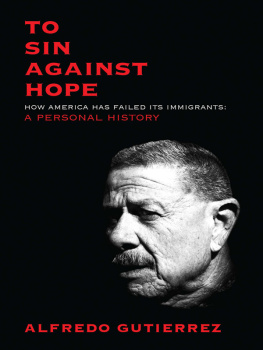PRAISE FOR BECOMING DR. Q
This is a spellbinding story of a champion who harnessed the power of passion and dogged determination to triumph over adversity. Be prepared to laugh, cry, and come away enlightened not just about the human brain and its miraculous capacities but also about the human heart.
Venus Williams, author of Come to Win
Ever since I first heard Dr. Qs story, my main question was: how does a migrant farm worker with no money and no English overcome the odds and pursue his aspirations at the highest levels of the medical field? Wownot only is it the stuff of which fairy tales and Hollywood movies are made, but its also a much-needed prescription for the soul.
Chris Gardner, author of The Pursuit of Happyness
The life of Dr. Q is a testament to the power of poverty to motivate social ascent, the power of intellectual prowess to scale academias heights, and the power of altruism to give back, through the most highly developed medical treatment and the creation of new knowledge, through mentoring the next generation, and through his own unique family.
Joe L. Martinez Jr., professor of neurobiology, University of California at Berkeley
Quite simply, Dr. Q is a hero to many people in the Hispanic community. He went from the farm fields in California to the most advanced operating rooms in the country. He earned $3.35 an hour cultivating tomatoes and chili peppers in the San Joaquin Valley. What makes his journey unique is that the same hands that picked vegetables are now touching the brains of his patients and saving lives. I cant think of a better example of what an immigrant with ambition and dedication can do in this great country of opportunities. He is, no doubt, a real hero.
Jorge Ramos, senior news anchor, Univision News
I used to think that Superman was an American who went by the name Clark Kent. Now I know that he is a Mexican American who goes by the name Dr. Q. Read this book to believe it.
Katrina Firlik, MD, author of Another Day in the Frontal Lobe: A Brain Surgeon Exposes Life on the Inside
This is a poignant and timely story that needs to be told. Dr. Q is a heroic and resilient man, whose odyssey should make it more difficult for pundits and others to demonize immigrants from Mexico and Central America.
Paul R. Linde, MD, author of Danger to Self: On the Front Line with an ER Psychiatrist
Even as a little kid, Dr. Q dreamed really big dreams, and no matter what the obstacles, he never gave up. I know firsthand that if you dont dream it, you cant become it. Now as a man, not only has he become it, but even more important, he is helping others to realize their dreams. Young people around the world will identify with and be motivated by Dr. Qs story. This book is a slam dunk! Rock on, Dr. Q!
Jason McElwain, author of The Game of My Life
Becoming Dr. Q

Highlighting the lives and experiences of marginalized communities, the select titles of this imprint draw from sociology, anthropology, law, and history, as well as from the traditions of journalism and advocacy, to reassess mainstream history and promote unconventional thinking about contemporary social and political issues. Their authors share the passion, commitment, and creativity of Executive Editor Naomi Schneider.
Becoming Dr. Q
MY JOURNEY FROM MIGRANT
FARM WORKER TO BRAIN SURGEON
ALFREDO QUIONES-HINOJOSA, MD
With Mim Eichler Rivas

University of California Press, one of the most distinguished university presses in the United States, enriches lives around the world by advancing scholarship in the humanities, social sciences, and natural sciences. Its activities are supported by the UC Press Foundation and by philanthropic contributions from individuals and institutions. For more information, visit www.ucpress.edu .
University of California Press
Berkeley and Los Angeles, California
2011 by Alfredo Quiones-Hinojosa
Library of Congress Cataloging-in-Publication Data
Quiones-Hinojosa, Alfredo.
Becoming Dr. Q : my journey from migrant farm worker to brain
surgeon / Alfredo Quiones-Hinojosa ; with Mim Eichler Rivas.
p. ; cm.
ISBN 978-0-520-27118-0 (cloth : alk. paper)
1. Quiones-Hinojosa, Alfredo. 2. NeurosurgeonsMexicoBiography. 3. Mexican AmericansMexicoBiography. 4. Transients and MigrantsMexicoBiography. I. Rivas, Mim Eichler. II. Title.
[DNLM: 1. Quiones-Hinojosa, Alfredo. 2. NeurosurgeryMexicoAutobiography. 3. NeurosurgeryUnited StatesAutobiography. 4. Mexican AmericansMexicoAutobiography. 5. Mexican AmericansUnited StatesAutobiography. 6. Transients and MigrantsMexicoAutobiography. 7. Transients and MigrantsUnited StatesAutobiography. WZ 100]
RD592.9.Q46A3 2011
617.092dc22
Manufactured in the United States of America
20 19 18 17 16 15 14 13 12 11
10 9 8 7 6 5 4 3 2 1
The paper used in this publication meets the minimum requirements of ANSI/NISO Z39.481992 (R 1997) (Permanence of Paper).
In loving memory of my sister Maricela
Contents
. |
. |
. |
. |
. |
. |
. |
. | Question the Rules and When Possible
Make Your Own |
. |
. |
. |
. |
. |
Prologue
SEEKING TERRA FIRMA
Is this the neurosurgeon on call?
The urgent words set my heart racing as I picked up the line from the San Francisco General Hospital emergency room at the beginning of a night shift in June 1999.
Yes, this is Dr. Quiones-Hinojosa, I replied formally. Then I quickly amended my answer, offering the nickname given to me in medical school. This is Dr. Q. How can I help?
An ambulance will be arriving any second, bringing in a patient with a gunshot wound to the head who needs immediate attention!
On my way! Springing into motion, I sped down the hallway of the hospitalstill new territory to me since Id arrived only a few days earlier, fresh from Harvard Medical School, to begin an internship and residency in neurosurgery at the University of California, San Francisco. For my first night as the on-call neurosurgery intern, I was green enough to wonder if someone had made a mistake in assigning this crisis to me. A gunshot wound to the head?
Though Id been given a preview of the demands placed on residents at SFGHthe only Level I trauma hospital in the Bay Area and one of the busiest in the nationlittle in my academic training had prepared me for the war zone atmosphere of trauma services. Fear gripped me as I ran down the stairs and then through the corridor leading to the emergency room.
Alfredo, get hold of yourself, I thought. But there was nothing of myself to hold on to! The faster I tried to fly down the hall, the more my breathing accelerated, the slower my footsteps fell. My head felt disembodied, as though floating in the air above me. Sweating heavily, my heart pumping wildly, I struggled for balance, certain that I was about to collapse on the floorright here in the hallways of this magnificent building and institution.
From outside the hospital on that gloomy summer night came the sounds of police sirens, honking horns, and distant voices echoing down dark streets. No music, no orderonly chaos. A feeling of powerlessness washed over me as I approached the emergency room. Who was I attempting to fool? Why not admit my fear, turn around, and dash off in a different direction? Other questions countered these thoughts. Was I ready to give up? Was I going to let terror of the unknown win this battle without a fight? Or could I accept my fear as a familiar foeas I had for most of my thirty-one yearsand struggle even harder to find a way back onto solid ground?


